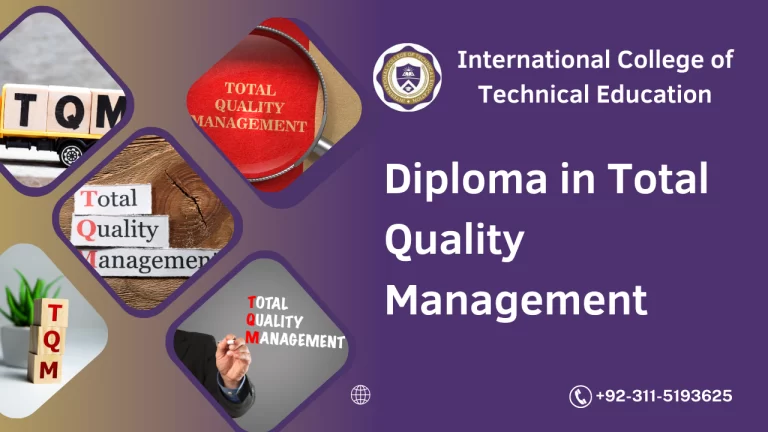The Management Course is designed to equip students with a comprehensive understanding of modern management principles and practices. This course delves into various aspects of management, including leadership, organizational behavior, strategic planning, decision-making, and more. It is suitable for individuals aspiring to become effective managers in a wide range of industries and sectors.
Course Benefits:
Upon completion of the Management Course, students will gain valuable skills and knowledge that can significantly enhance their career prospects. Some of the key benefits of taking this course include:
Enhanced Leadership Skills: Students will develop strong leadership qualities that will enable them to guide and motivate teams effectively.
Strategic Thinking: The course focuses on strategic planning and critical thinking, helping students become adept at making informed decisions that align with organizational goals.
Improved Communication: Effective communication is a cornerstone of successful management. This course emphasizes communication skills to facilitate collaboration and understanding.
Conflict Resolution: Students will learn strategies to manage conflicts and challenges within teams and organizations, fostering a harmonious work environment.
Adaptability: Management requires the ability to adapt to changing business landscapes. This course teaches students how to navigate uncertainties and drive positive change.
Networking Opportunities: Through group projects, discussions, and seminars, students will have the chance to network with fellow aspiring managers and industry professionals.
Course Learning Outcomes:
By the end of the Management Course, students will be able to:
- Analyze and apply various management theories and principles to real-world scenarios.
- Demonstrate effective leadership skills and manage teams with confidence.
- Formulate strategic plans that align with an organization’s mission and vision.
- Make informed decisions using critical thinking and problem-solving techniques.
- Communicate clearly and persuasively in various professional settings.
- Manage conflicts and challenges through effective negotiation and resolution strategies.
- Apply ethical and socially responsible practices in managerial roles.
- Adapt to dynamic business environments and lead change initiatives.
Course Study Units:
- Introduction to Management
- Evolution of management theories
- Functions of management (planning, organizing, leading, controlling)
- Role of managers in organizations
- Organizational Behavior
- Individual and group behavior
- Motivation theories
- Organizational culture and diversity
- Leadership and Communication
- Leadership styles and theories
- Effective communication strategies
- Building and leading high-performance teams
- Strategic Management
- Strategic planning process
- SWOT analysis and competitive advantage
- Implementing and evaluating strategies
- Decision-Making and Problem Solving
- Rational decision-making models
- Problem-solving techniques
- Ethical considerations in decision-making
- Human Resource Management
- Recruitment and selection
- Performance appraisal and feedback
- Employee development and training
- Operations Management
- Process optimization
- Supply chain management
- Quality control and improvement
- Change Management
- Understanding change in organizations
- Leading and managing change
- Overcoming resistance to change
- Entrepreneurship and Innovation
- Nurturing an entrepreneurial mindset
- Fostering innovation in organizations
- Managing risks and uncertainties
- International and Cross-Cultural Management
- Global business environments
- Cultural dimensions and their impact
- Managing international teams and operations
Entry Requirements:
Prospective students interested in enrolling in the Management Course should meet the following entry requirements:
- High school diploma or equivalent
- Proficiency in written and spoken English (proof of language proficiency may be required for non-native speakers)
- Basic computer skills for online coursework, if applicable
Future Progressions:
Upon successfully completing the Management Course, graduates will have various avenues for future progression in their careers:
Managerial Positions: Graduates can pursue roles such as team leader, department manager, or project manager in various industries.
Further Education: Some students might opt to continue their education by pursuing a bachelor’s or master’s degree in management or related fields.
Entrepreneurship: Armed with the skills to manage and innovate, graduates can start their own businesses or ventures.
Specialization: Graduates can choose to specialize in areas such as human resources, operations, or strategic planning as their careers progress.
Consulting: With a strong understanding of management principles, graduates can provide consulting services to organizations seeking improvement.
Conclusion:
the Management Course provides a comprehensive foundation in management principles, leadership skills, and strategic thinking. Graduates of this course will be well-prepared to take on managerial roles across various industries and sectors, equipped with the knowledge and skills to drive organizational success.






